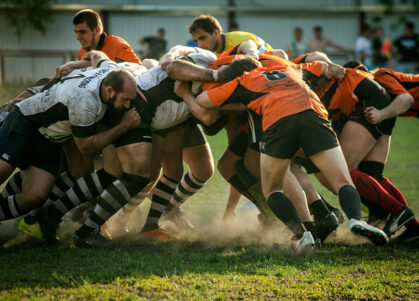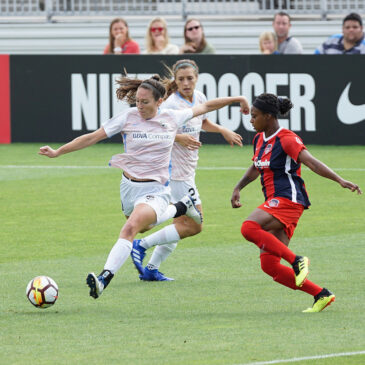Avoiding Issues
With the head and jaw a focus for our clinic, helmets, head guards and mouth guards come to mind. Modern designs make a difference, even during casual, or practice sessions, with mouth guards proven to reduce oral damage.
We think of ankle sprains, or knee injuries as common sports problems, yet concussion makes the top ten. Protecting your head and oral region is particularly valuable, safeguarding areas which can suffer radical injuries.
Taking note of your current health matters, along with being sufficiently fit to play the sport. Going into any sport carrying an injury is a great way to make this worse, including parts of your body which are not so obvious.
Jaw, or dental issues should be properly diagnosed and attended to. Unexplained pain in your head, or neck will have an explanation, ignoring this and playing anyway can be a route to making sport more dangerous.
After The Event
Thinking of safety helps, although we can all fall victim to the unexpected. Contact sports such as rugby, or football will cause issues, with a surprising number of head injuries coming from falls, or misjudged landings.
With the advent of compulsory seat belts reducing driving risks, sports head injuries have taken the lead in accidental events. The most significant factor in recovering from them is to ensure the damage is understood.
Serious injuries may be apparent but not always. A cheek laceration with a degree of discomfort could be masking a deeper jaw injury, a chipped tooth which feels painful could be a root fracture.
Bone fractures are quite common, not least around the jaw, or nose and require accurate diagnosis. A suitable scan, followed by the view of a specialist who appreciates the detail and long term facial impact.
Assuming nature will solve the problem may not help, or braving pain to carry on. Self damage apart, this could end up with a longer time away from the sport you enjoy.
Maxillofacial Support
We hardly need to say that head injuries can be dangerous, damage to the brain and cognition is a key point but all aspects need care. Your breathing depends on the oral region, as do an ability to eat, or speak and your appearance.
Visiting a maxillofacial consultant after a sports injury is about caring for all details. Professional diagnosis and treatment will cover oral conditions, dental preservation, facial surgery or plastic surgery if required.
Beyond their individual function, the way elements of a complex part of your body work together will be understood, with advice focused on the future.
The objective is to ensure that an injury does not have unseen outcomes and recovery is as swift as possible. The elimination of discomfort, a return to normal life and of course, getting back to the sport you enjoy.


